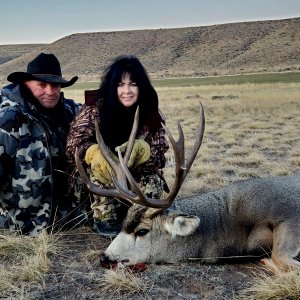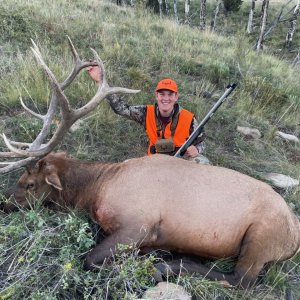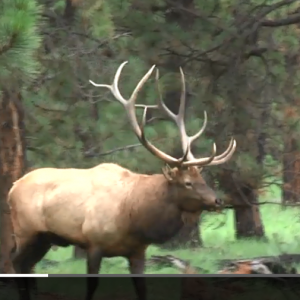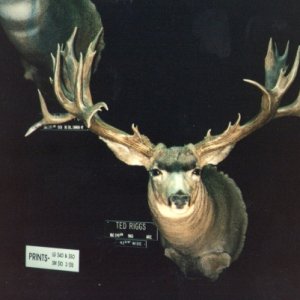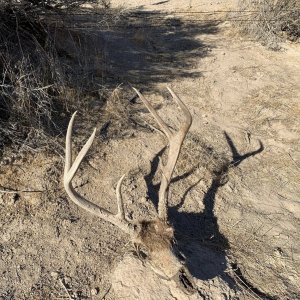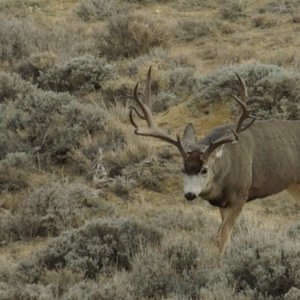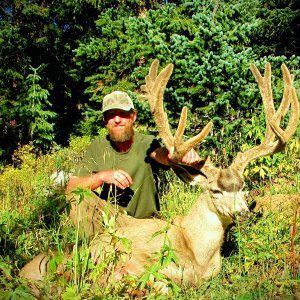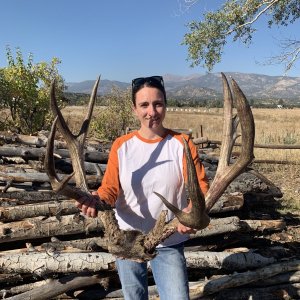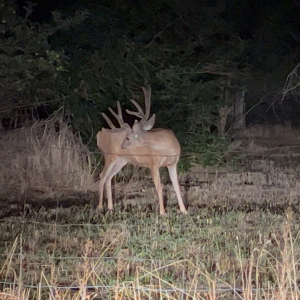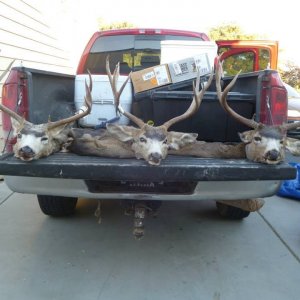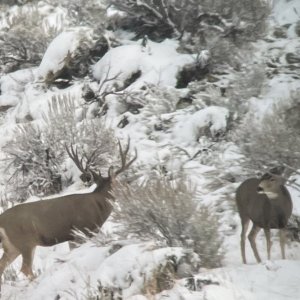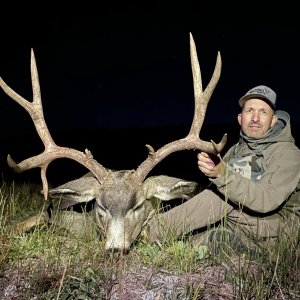I was reading some great threads on those who like to "Do-It-Yourself" Bivy hunt deep into the Backcourty, but what I failed to see is anyone that used their Hunting Envrionments to provide most of their needs like Shelter, Warmth, and food.
So my Questions:
- How many of you, Bivy hunt without all of the fancy gear like tents, tarps, stoves, and Mountain House meals etc??
- What are the bare essentials to make this type of hunt possible?
- What are some of your tips and tactics for this type of hunt?
I definitely don't consider myslef a minimalist like Survivorman - Les Shroud, but the idea of bringing in less gear to wear and tear on my body after mile and miles treaded; is very appealing. Thoughts???
?-ERock-> ?
So my Questions:
- How many of you, Bivy hunt without all of the fancy gear like tents, tarps, stoves, and Mountain House meals etc??
- What are the bare essentials to make this type of hunt possible?
- What are some of your tips and tactics for this type of hunt?
I definitely don't consider myslef a minimalist like Survivorman - Les Shroud, but the idea of bringing in less gear to wear and tear on my body after mile and miles treaded; is very appealing. Thoughts???
?-ERock-> ?

